Dialectical Behavior Therapy (DBT): Intensive Certificate Course – Lane Pederson
Dialectical Behavior Therapy (DBT) has evolved from the go-to treatment for borderline personality disorder to one of the most recognized and sought after therapies for a variety of difficult to treat client problems. The increasing pressure to adopt treatments that work makes DBT skills and strategies a must-have for all types of therapists.
For those who feel that pressure but fear becoming a “manual manic”, relax. Dr. Lane Pederson teaches how to follow the manual yet make thoughtful customizations consistent with evidence-based practices and always grounded in the therapeutic alliance. Covering DBT from theory to clinical application, including the use of diary cards, behavioral analysis, contingency management, and multi-layered validation, this certificate course welcomes those implementing DBT in standard and adapted ways as well as those wishing to simply add DBT skills and techniques to their eclectic or integrative style.
If you have felt limited or stuck with your therapy skills or ready to give up on certain clients, this certificate course will breathe new life into your work. You will leave ready to use the essentials of DBT listed above as well as skills from the Mindfulness, Distress Tolerance, Emotion Regulation, and Interpersonal Effectiveness Modules with your clients, enjoying new confidence in and effectiveness with your clinical skill set.
Lane Pederson Psy.D, LP, is not affiliated or associated with Marsha M. Linehan, PhD, ABPP, or her organizations.
- Discriminate DBT from the contextual model of therapy.
- Evaluate DBT research in light of the contextual model and the Evidence-Based Practice of Psychology (EBPP).
- Correlate DBT philosophies and interventions to the therapeutic factors that most improve outcomes.
- Explore dialectic philosophies and their application in therapy.
- Determine how the core assumptions of DBT are put into action in therapy.
- Assess how DBT theory drives therapeutic interventions.
- Communicate how to balance validation and change strategies in clinical situations.
- Integrate mindfulness techniques into therapy
- Implement an effective therapy structure that includes identifying clear treatment goals.
- Practice how to effectively teach the four standard DBT skills modules – mindfulness, emotion regulation, distres tolerance and interpersonal effectiveness.
- Design teaching strategies for skills training sessions.
- Plan and teach supplemental DBT skills and modules.
- Practice DBT skills training techniques in small groups.
- Recommend how to seamlessly integrate DBT skills into individual therapy.
- Discriminate the DBT model from cognitive-behavioral, client-centered, and other treatment modalities.
- Practice a multi-layered approach to validation of clients’ thoughts and feelings.
- Establish balance validation with the most effective (and practical) methods of behavior change.
- Practice reciprocal and irreverent communication styles, to be utilized within the therapy session.
- Comment on the key differences between traditional cognitive interventions and DBT-style cognitive interventions.
- Practice therapy techniques with effective pacing, balance, and flow.
- Articulate when to use (and not to use) exposure techniques.
- Employ DBT diary cards and chain (change) analysis.
- Propose how to operate with consultative groups and treatment teams.
- Assess and manage self-injurious and suicidal behaviors with clear protocols and safety plans.
- Establish clear plans for crisis management, including psychiatric hospitalizations.
Foundations of DBT
- The Story of DBT
- Explicit focus on validation
- Cognitive-behavioral change strategies
- Skills training
- Consultative approach
- Mindfulness
- Dialectical balance
- Five functions of DBT
- Is it DBT?: What’s needed in a DBT clinical process
Dialectical Philosophy. What IS it, and HOW is it Used?
- Dialectics explained
- Dialectical assumptions
- Dialectics in action
- Dialectical Abstinence. When NOT to be dialectical
Core Assumptions of DBT: Shaping the Therapy
- Acceptance and nonjudgmental stance
- View of clients, therapist and therapy
DBT Models: Standard and Beyond
- DBT Modes and Formats
- DBT Research: Understanding and Context
- Evidence-Based Practice versus
- Evidence-Based Treatments
- Understanding how therapy works
- Six decades of empirical research
- Maximizing therapeutic factors, DBT-style
Biosocial Theory: Guiding the Therapy
- Biosocial theory of difficulties
- How theory drives therapy
- Update to Theory: RO DBT
Getting Started: Therapy Structure
- Structure as a therapeutic factor
- Structuring the environment
- DBT Stages
- Identifying treatment targets: suicidality, self-injurious behavior (SIB), therapy-interfering behavior (TIB), and other targets
Special Populations and Settings
- Children and Adolescents
- Substance Use Disorders
- Levels of Care
Mindfulness and DBT
- Mindfulness explained
- Mindfulness of the approach
- Mindfulness as a therapy technique
- Mindfulness in life
DBT Skills Training
- Integrating skills into therapy
- Using skills to develop new behaviors
- Methods for skills training
Mindfulness: The Path to Wise Mind
- What skills: observe describe, participate
- How skills: nonjudgmental, one-mindful, effectively
- Mindfulness practice and application
Teaching Dialectics
- Identify dialectical dilemmas
- Activate Wise Mind action
- For adolescents and parents: Middle path
- For substance use disorders: dialectical abstinence
Distress Tolerance
- Wise mind ACCEPTS
- IMPROVE the moment
- Pros and cons
- Radical acceptance/turning the mind
Emotion Regulation
- Model of emotions
- PLEASED
- Build positive experiences
- Opposite action
Interpersonal Effectiveness
- FAST skills
- GIVE skills
- DEAR MAN skills
Supplemental and Updated Skills and Modules
- Urge surfing
- Bridge burning
- TIP
- DBT Clinical Process
Diary Cards
- Standard
- Adapted for special populations
Behavioral Analysis (Chain Analysis)
- Getting the client on board
- Build awareness and options
- Bridging into solution analysis
Starting Out: Commitment Strategies Validation
- A multi-layered approach
- As an exposure technique
- Used dialectically with change
- Difference from normalization
Change Interventions
- Behavioral principals
- Contingency procedures
- Best behavior change methods
- DBT-style cognitive interventions
Exposure Techniques
- When to use (and not to use)
- Exposure protocols
- Alternatives to exposure
Communication Styles
- Reciprocal
- Irreverent
Consultative Group and Treatment Teams
- Increase your motivation
- Develop effective responses
- Qualities of effective treatment teams
Assess and Manage Self-Injurious Behavior (SIB)
- When is SIB life-threatening?
- Creating alternatives
Assess and Manage Suicidal Ideation (SI)
- Suicide assessment techniques
- Establishing safety protocols
- Safety plans and safety commitments
Hospitalization Issues
- Effective use of the hospital
- Transitions in and out
Next Steps
- What you learned and what you need
- Developing your plan
- Taking action
Please Note: Lane Pederson, PsyD, LP is not affiliated or associated with Marsha M. Linehan, PhD, ABPP, or her organizations.
Digital Download Dialectical Behavior Therapy (DBT): Intensive Certificate Course – Lane Pederson at Offimc.click Now!
Delivery Information
- Upon ordering the product, a delivery email with download instructions will be sent immediately to you so that you may download your files. If you log in (or create an account) prior to purchase you will also be able to access your downloads from your account dashboard.
- It is a digital download, so please download the order items and save them to your hard drive. In case the link is broken for any reason, please contact us and we will resend the new download link to you.
- If you don't receive the download link, please don’t worry about that. We will update and notify you as soon as possible from 8:00 AM – 8:00 PM (UTC+8).
- Please Contact Us if there are any further questions or concerns you may have. We are always happy to assist!



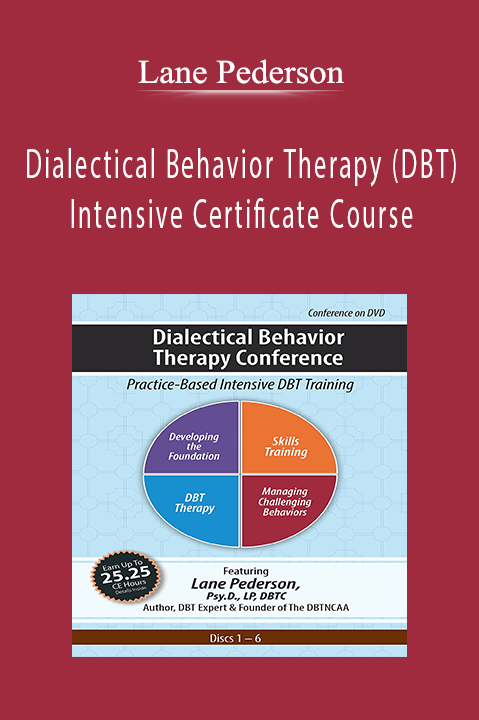
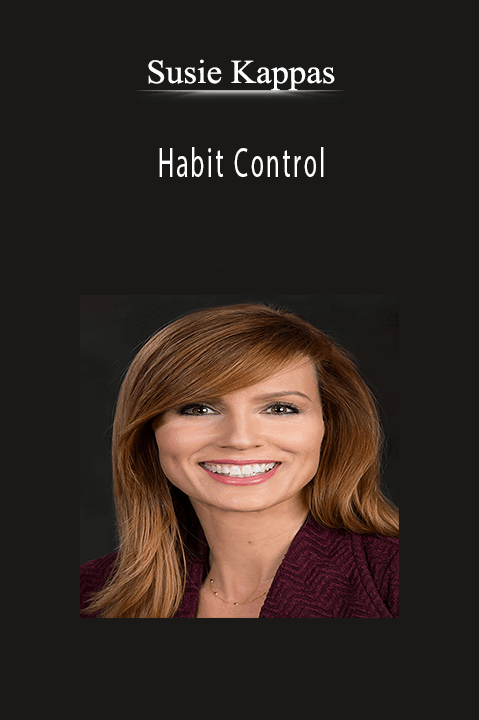



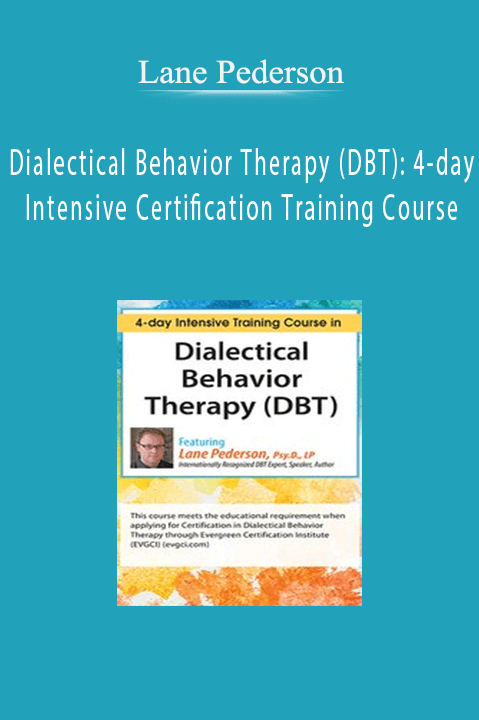
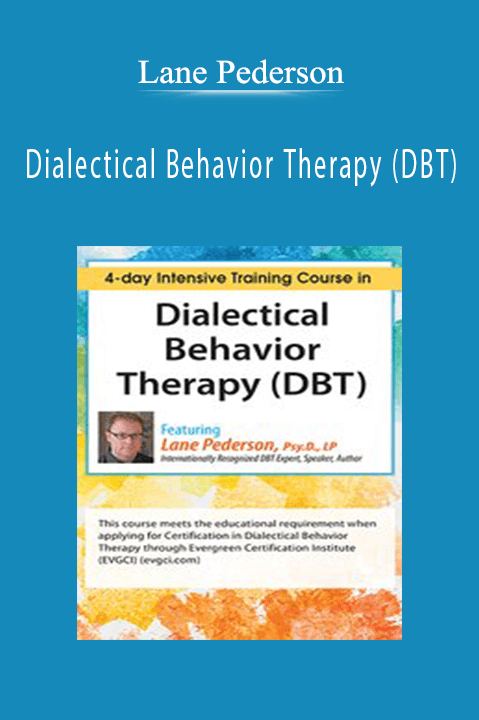
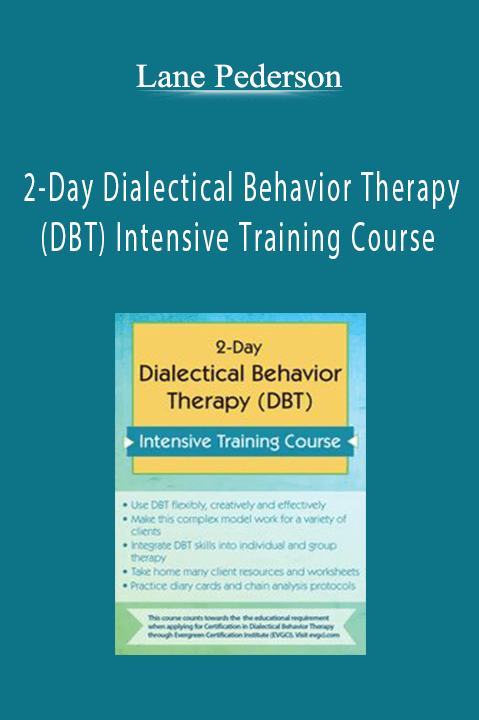
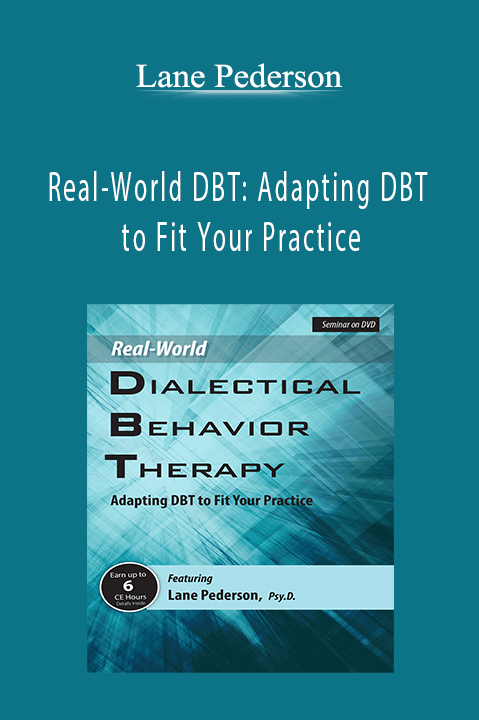
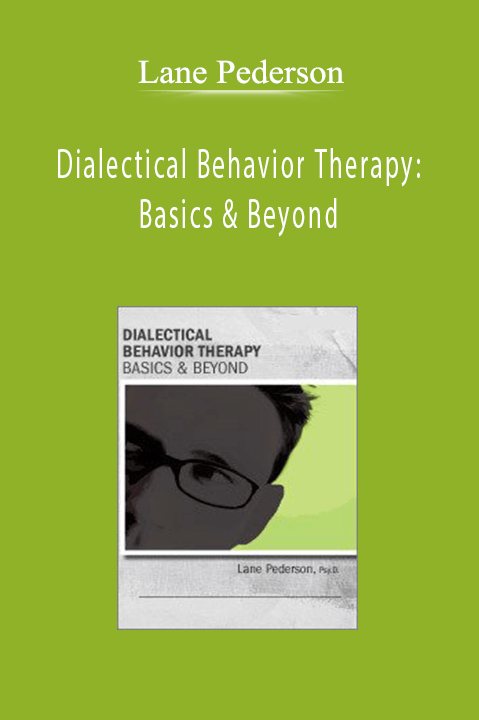
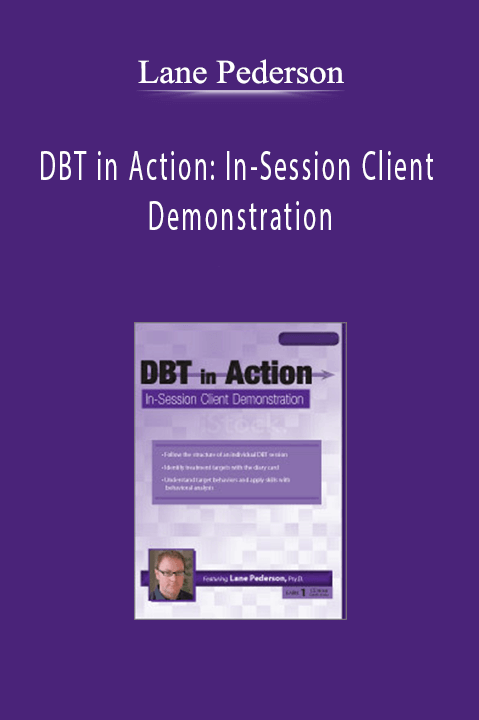

12 reviews for Lane Pederson – Dialectical Behavior Therapy (DBT): Intensive Certificate Course
There are no reviews yet.